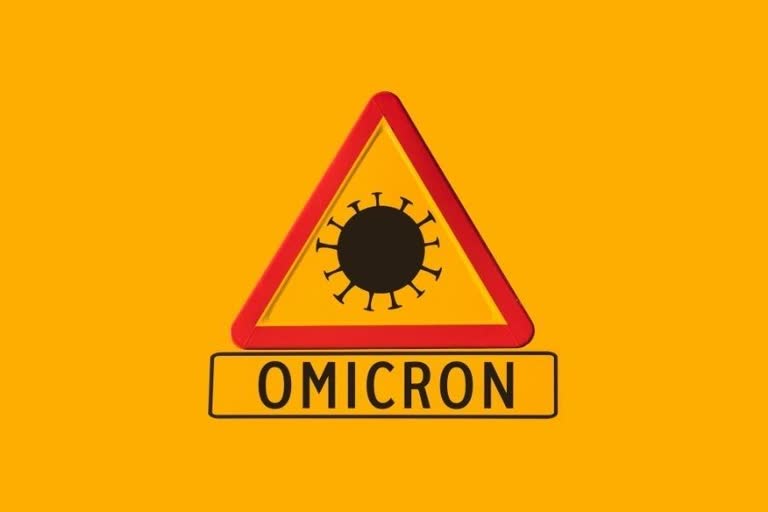Omicron, first detected from southern Africa in late November, has become dominant in several countries including the US and the UK, outpacing the previously dominant Delta variant, which was considered to be the dominant strain in many countries until recently.
While Omicron is known to cause only mild disease, Delta has been more lethal leading to increased hospitalisation with a drop in oxygen levels, pneumonia, and death.
"Omicron is a milder wave and will replace Delta, and maybe good for the world," Dr. Vasant Nagvekar, COVID task force member of Maharashtra government, told IANS.
"Omicron is more transmissible, and it could also be immune-evasive (cause breakthrough infections in previously infected or vaccinated population). But so far, there is no proof that it produces more severe infections," added Nagvekar, who is also a Consultant, Infectious Diseases at Global Hospital, Mumbai.
The early data from South Africa has shown that most patients are younger and the variant produces milder infections. "For now the variant also appears to be stable, with high transmissibility but low virulence, which perhaps explains the lack of a surge in hospitalisations and deaths where it was earlier reported," Nagvekar said.
Meanwhile, what we need is vigilance, improving border surveillance, genomic sequencing, as well as vaccination cover, he noted. "The best option for getting out of this phase of the pandemic is to ensure that people everywhere are fully vaccinated. As the virus continues to spread, there remain opportunities for new variants to emerge," Brian Wahl, Assistant Scientist, Department of International Health at the Johns Hopkins Bloomberg School of Public Health, US, told IANS.
"This is why it is so important to increase coverage of both doses in India and in countries where vaccine coverage is currently low, like in many countries in sub-Saharan Africa," he added.
Meanwhile, with more than 30 mutations on its spike protein, Omicron has the potential of evading vaccines as well as previous COVID infection-induced immunity. Several studies have shown that two doses of existing COVID vaccines may not be effective against Omicron, while booster doses have shown promise.
